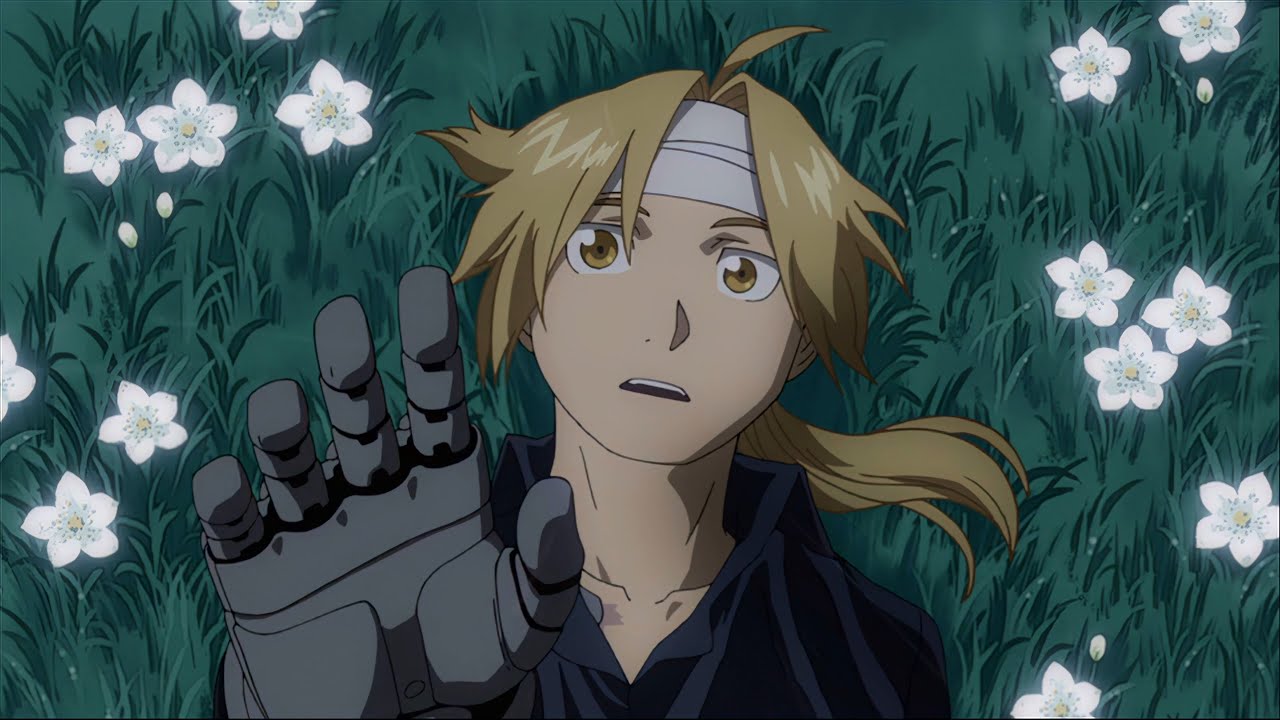What Does Canon Mean in Anime?
It's canon, not cannon. We're not on a pirate ship.

It’s not that anime is all of a sudden becoming popular. Fact of the matter is anime has always been ingrained in pop culture. Whether it be Pokemon, Yu-Gi-Oh!, One Piece or even kid friendly anime like Serendipity the Pink Dragon (shout out to anybody who’s seen it). Most of us have consumed anime at one point. But there’s also no shame in being completely new to anime and manga! And if you’re at the beginning of your journey, you might have some questions.
As a fan, it’s important to have a basic understanding of source material—as well as terms used throughout anime fandoms (nobody wants to be completely in the dark and sound like a total noob). Meaning if you don’t know the definition of canon, then there’s no time like the present to find out.
The meaning of canon
The term canon, in regards to anime, means the adaptation follows the source material. If it doesn’t deviate from its original material, then it gets the golden stamp of canon approval. However, if the anime moves away from its source material, in a way that immensely affects the main storyline, then it’s considered non-canon (the opposite of canon). Meaning that filler episodes don’t automatically make an anime non-canon. It depends on whether or not the filler eps impact the main story.
Popular examples of anime that follow their manga counterpart:
- Neon Genesis Evangelion
- Fullmetal Alchemist Brotherhood
- DEATH NOTE
- JoJo’s Bizarre Adventure (2012 – )
- Attack on Titan
- Demon Slayer
Sometimes an anime that closely follows its manga fairs much better. Though, that’s only when the manga is great, otherwise sometimes changing major details is necessary for success. Take JoJo’s Bizarre Adventure, for example, the manga became popular well before the ’90s OVA or anime came to be. Therefore, faithfully adapting the manga for the anime was crucial. In the case of Fullmetal Alchemist Brotherhood, most folks prefer the 2nd adaptation. Individual reasons vary, but ultimately it mostly does come down to how it follows the source material.
Now, that said, the canon of a property follows the creator(s)’ original intention. But while an anime may not be canon to the original manga, it now has its own canon and internal rules, lore, and history. So, the canon to an anime, might mean a movie is not part of the canon of the show, or a spin-off series, etc.
Don’t fret if you didn’t have a clear understanding around this before. And if you did, surrender the snobby behavior when it comes to anime fans that aren’t as seasoned as you. It’ll make for a better experience within a fandom, because ultimately, we love the same thing. Just please don’t skip seasons just to get to the good stuff.
(featured image: Aniplex of America)
Have a tip we should know? tips@themarysue.com